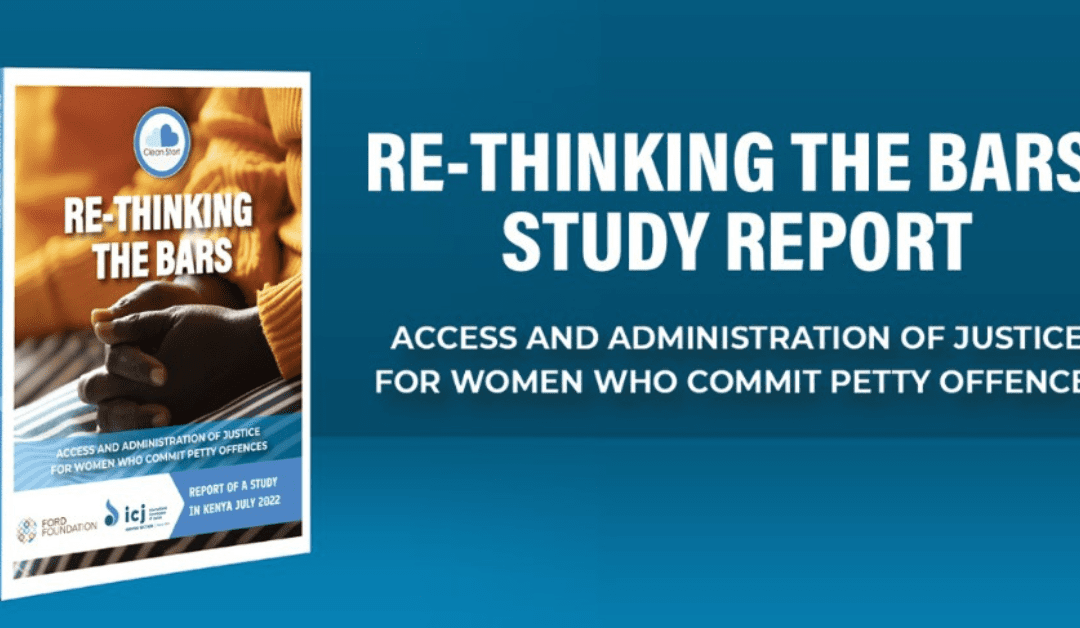Written by Audrey Masitsa
Do you know from what age we incarcerate children in Kenya? 10? 8?
No, conception. The practical reality is that we have children who are born in prison and who, until the age of four, are in prisons with their mothers.
It’s a proven fact that in Kenya, 75% of women are imprisoned due to petty survival crimes. Survival crimes here refer to offenses committed in the pursuit of food and shelter for themselves and their children. These include hawking, and brewing and selling of illicit brew. Other petty offences include loitering with the intent of prostitution, begging, touting, idling, common nuisance, disturbing the peace, among others.
Majority of these women are mothers and the sole breadwinner in their household. Poverty is a common factor among these women. They are either born into it or find themselves living below the poverty line.
A consequence of poverty is low education levels. When these women are brought before the courts, they have little to no knowledge of their rights and cannot afford to hire a lawyer who will argue their defense. Many opt to plead guilty when there are other sentencing options that could be availed to them. They cannot afford to pay bail and end up in prison.
In Kenya, petty offenders serve short sentences of between three months and two years.
A woman who is released from prison has nothing to go back to. Some are shunned by their family and friends and thus cannot go back home. They cannot earn a livelihood since most employers require a certificate of good conduct which, for a former offender, is impossible to get. These women often find themselves stuck in a loop. They are desperate to provide for their children so they turn to survival crimes like hawking which then results in them being arrested (again) and back in prison. And the cycle continues. 75% of released prisoners are likely to commit another crime with 50% going back to jail within two years of their release.

The slow uptake of non-custodial sentencing for minor offenders has played a critical role in the huge numbers of women serving short sentences. High poverty rates, stigma and lack of a proper reintegration structure see to it that these women stand an infinitesimally small chance of rebuilding their lives post-imprisonment.
It is with this background that Clean Start carried out research to better understand the legal standards and procedures applied by law enforcement officers in the arrest and pre-trial detention of women who commit petty offences. The research also sought to establish the issues law enforcement and the judiciary should consider when administering justice to petty offenders, to assess the implementation of available guidelines on arrest, detention and sentencing as well as to determine the alternative dispute resolution mechanisms that should be applied when administering justice for women petty offenders.
The report also delved into the consequences of incarceration which include human rights violations, loss of source of livelihood and stigma upon release.
The research will go a long way in informing our advocacy work on the implementation of non- custodial sentencing as a key driver to restorative justice and solving the overcrowding in prisons; this is caused, The African Commission on Human and People’s Rights (ACHPR) found, by the huge number who are imprisoned for minor offences that require a socio-economic response and not a law enforcement or criminal justice response.
You can download the report on https://cleanstartkenya.org/media.css/2022/07/RE-thinking-bars-Report-design.pdf

